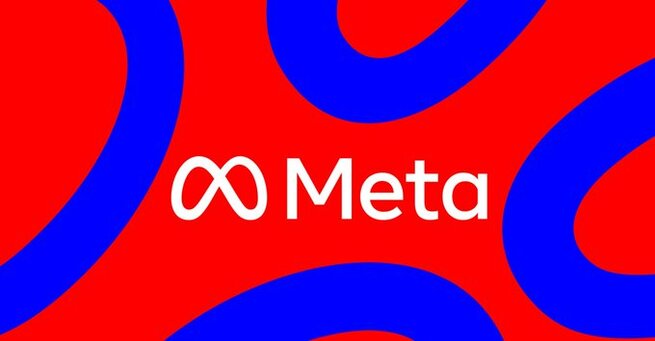
Meta rejects EU’s voluntary AI code of practice
Meta has officially refused to sign the European Union’s voluntary code of practice for general-purpose AI, sparking widespread debate among tech regulators, AI developers, and policymakers. This move has raised a key question in the tech community: Why is Meta rejecting EU AI guidelines? According to Meta, the guidelines introduce legal uncertainty and overreach beyond the framework of the AI Act. The focus keyword—Meta rejects EU AI code of practice—captures a growing tension between global tech giants and European lawmakers striving to lead AI governance.
Why Meta rejects EU AI code of practice
Meta’s global affairs chief Joel Kaplan shared that the company sees the EU’s code as legally ambiguous and overly restrictive. He emphasized that Meta is concerned about measures in the voluntary code that extend beyond the upcoming AI Act, which becomes enforceable on August 2nd. The Act requires providers of general-purpose AI (GPAI) to comply with transparency standards, training data disclosures, and copyright rules. Although voluntary, the code promises lighter regulatory oversight for those who adopt it—yet Meta believes the risks outweigh the benefits.
EU’s stance versus Meta’s regulatory pushback
The European Union argues the code is designed to ease the compliance burden and provide clarity ahead of the AI Act’s full implementation. Yet, Meta’s refusal suggests a broader industry resistance to Europe’s increasingly aggressive AI regulation. The company, along with over 45 other major firms like Airbus and Philips, has warned that such frameworks could slow innovation and make Europe a less competitive hub for AI development. These companies have even urged the EU to delay the rollout of the AI Act for two years to refine compliance measures.
Implications for global AI governance and innovation
Meta’s decision to opt out of the EU’s voluntary AI framework highlights a deepening divide between US and European regulatory philosophies. While the EU is focused on preemptive regulation, the US—particularly under the Trump administration—is removing barriers to fast-track AI development. Meta's alignment with this approach reflects its broader strategic shift toward deregulated innovation. As the AI landscape continues to evolve, the outcome of this standoff may shape not only Europe’s digital future but also the global norms surrounding responsible AI governance.
𝗦𝗲𝗺𝗮𝘀𝗼𝗰𝗶𝗮𝗹 𝗶𝘀 𝘄𝗵𝗲𝗿𝗲 𝗿𝗲𝗮𝗹 𝗽𝗲𝗼𝗽𝗹𝗲 𝗰𝗼𝗻𝗻𝗲𝗰𝘁, 𝗴𝗿𝗼𝘄, 𝗮𝗻𝗱 𝗯𝗲𝗹𝗼𝗻𝗴. We’re more than just a social platform — from jobs and blogs to events and daily chats, we bring people and ideas together in one simple, meaningful space.